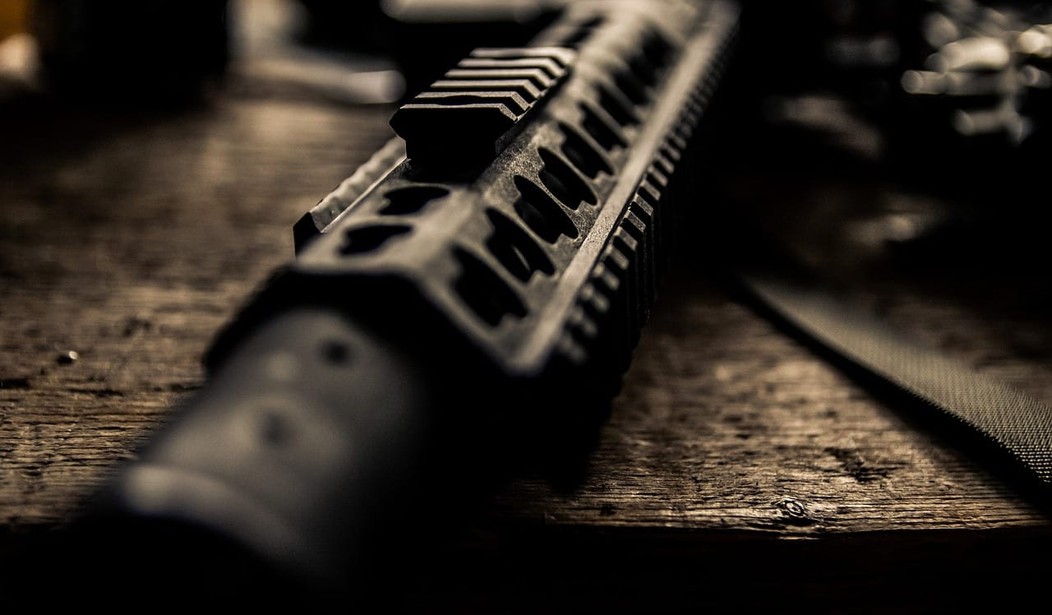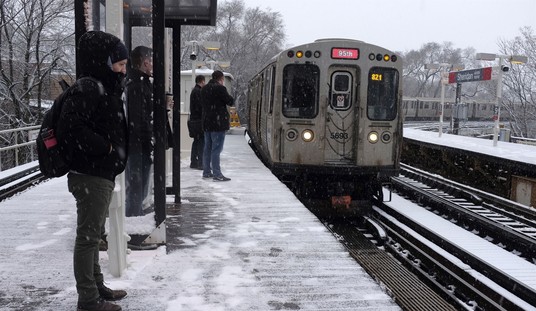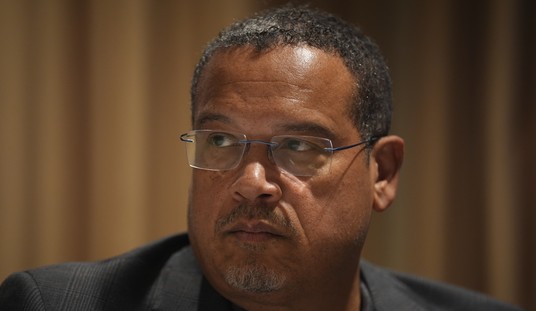It's been nearly five years since then-Prime Minister Jacinda Ardern signed legislation banning the vast majority of New Zealanders from possessing modern sporting rifles and creating a government-funded compensates confiscation scheme that cost taxpayers more than $100 million. While anti-gun activists around the world cheered the nationwide gun ban, the collection of more than 50,000 firearms has hardly made the country a safer place. Justice Minister Paul Goldsmith recently announced that violent crime has increased 33 percent over the past five years, primarily because of gang violence, and lawmakers are now ready to revisit the country's gun laws with an eye towards restoring the ability to own modern sporting rifles... for at least some residents.
While the crime increase might be the primary motivation for revising the nation's gun laws, the ability to do so comes after the ruling Labour Party suffered huge defeats in elections held last October; going from 65 seats in the 122-member Parliament to just 31. A coalition government formed by the other two major political parties is hoping to chart a new course on crime and public safety by going after actual criminals, while completely rewriting the country's Arms Act for the first time in more than 40 years.
"It means starting from scratch," Associate Justice Minister Nicole McKee told RNZ.
"There's nothing set in stone as we advance this process. The reason why the 1983 Act lasted so long is because there was genuine and good consultation."
The Arms Act 1983 has been home to New Zealand's gun laws for the past four decades and has had many iterations.
McKee said she wanted to change the current licensing system to a graduated system to "enhance public safety".
"Ensuring licensed firearms owners are fit and proper through a graduated system of licensing where people earn trust over time, and a licensing agency carrying out a range of checks, is the sensible way of ensuring public safety."
Also on the table is allowing competitive shooters to use semi-automatics for sport. The only current exemptions are pest control and (disabled) collector's items.
Now, that might seem like an incredibly modest step, but consider that New Zealand's constitution doesn't treat gun ownership as a right. Instead, it's a privilege to be exercised solely at the discretion of the government. It's a big deal for the government to scrap its outright ban and allow for competitive shooters to once again own and use semi-automatic rifles, especially just five years after the ban and "buyback" took place. Most important, perhaps, is the change in attitude that's come with the change in the country's leadership.
"I'm hoping that we can find a middle ground where we ensure we have good public safety but we also stop treating licensed firearms owners like they're nothing more than common criminals."
McKee wants to roll back what she described as "rushed" and "knee-jerk" legislation so regulations were less onerous on firearms owners.
"Gun ownership is a normal way of life. Now, everyone thinks that it's used just as a weapon, rather than as a sporting tool or a way to put food on the table," she said.
"It's going to be hard to have this conversation because people already have misconceived preconceptions about firearms but [the conversation] does need to start."
A government that recognizes gun ownership is normal, not something to be eradicated, is a major improvement for the country, as well as a direct repudiation of the gun control zealotry of the Ardern regime. Like her U.S. counterparts, Ardern based her public safety plan on going after gun owners who aren't committing crimes while turning a blind eye to gang violence. That earned her lavish praise from folks like Joe Biden and applause from media outlets like the New York Times and Washington Post, who hailed her as a shining example for our own politicians to follow, when voters had the chance to weigh in last fall they rejected Ardern's policies (Ardern herself chose not to run for reelection) and delivered a stunning rebuke to the National Party.
New Zealand still has a long way to go before its gun laws would be considered remotely acceptable by Second Amendment advocates in the United States. Still, the coalition government appears to be taking substantive steps in the right direction, and hopefully this is just the beginning of renormalizing gun ownership instead of the demonization we've seen in the country over the past few years.









Join the conversation as a VIP Member